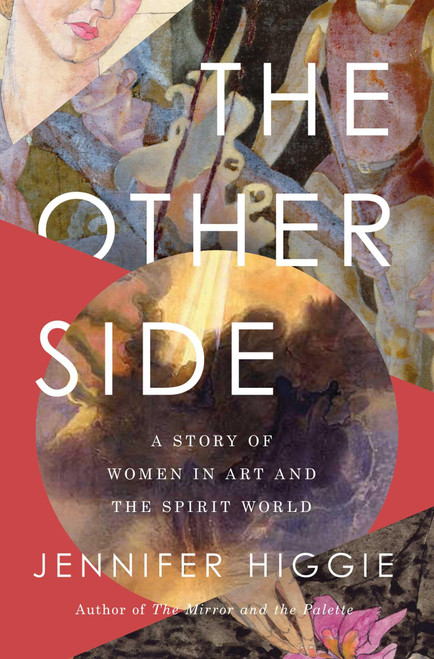In 1978 Lila Abu-Lughod climbed out of a dusty van to meet members of a small Awlad 'Ali Bedouin community. Living in this Egyptian Bedouin settlement for extended periods during the following decade, Abu-Lughod took part in family life, with its moments of humor, affection, and anger. She witnessed striking changes, both cultural and economic, and she recorded the stories of the women. Writing Women's Worlds is Abu-Lughod's telling of those stories; it is also about what happens in bringing the stories to others.
As the new teller of these tales Abu-Lughod draws on anthropological and feminist insights to construct a critical ethnography. She explores how the telling of these stories challenges the power of anthropological theory to render adequately the lives of others and the way feminist theory appropriates Third World women. Writing Women's Worlds is thus at once a vivid set of stories and a study in the politics of representation.
As the new teller of these tales Abu-Lughod draws on anthropological and feminist insights to construct a critical ethnography. She explores how the telling of these stories challenges the power of anthropological theory to render adequately the lives of others and the way feminist theory appropriates Third World women. Writing Women's Worlds is thus at once a vivid set of stories and a study in the politics of representation.










